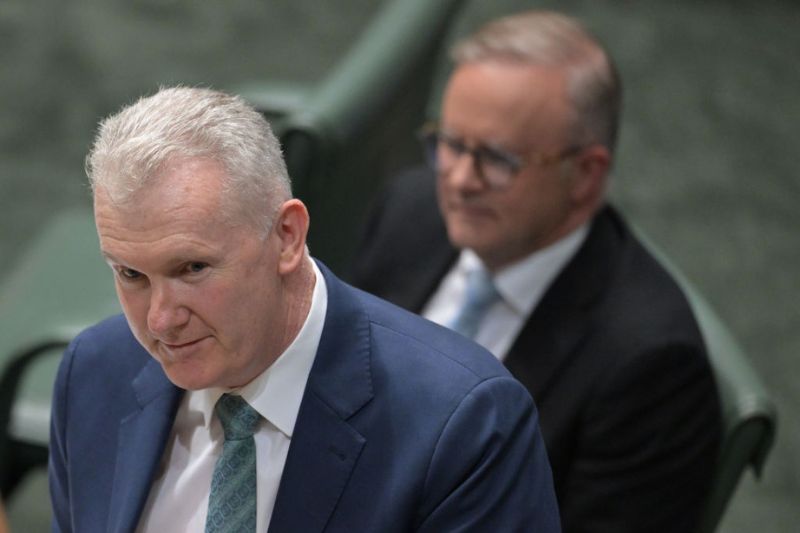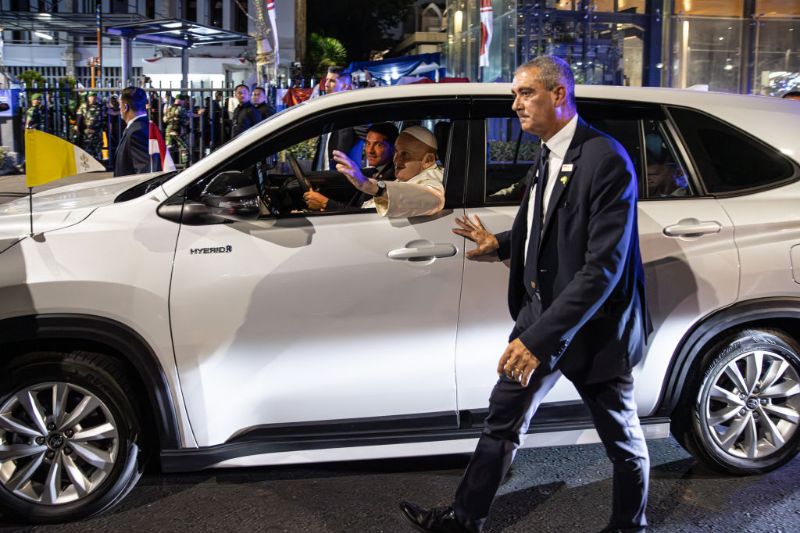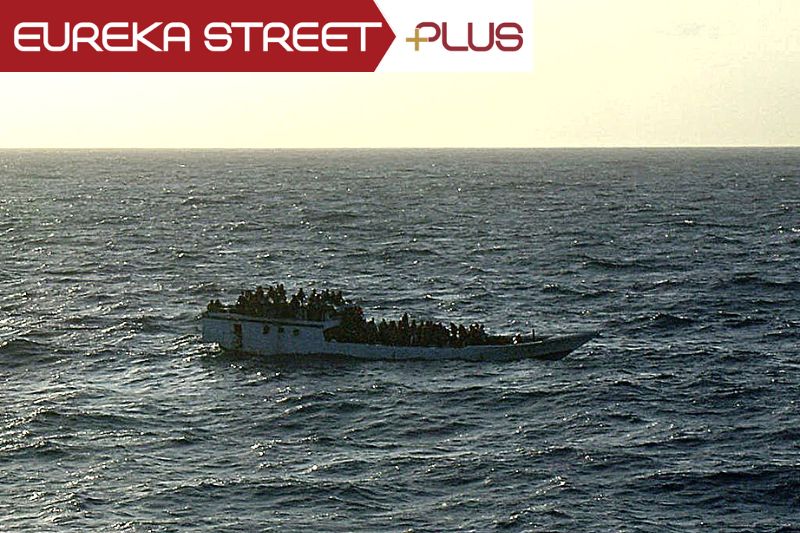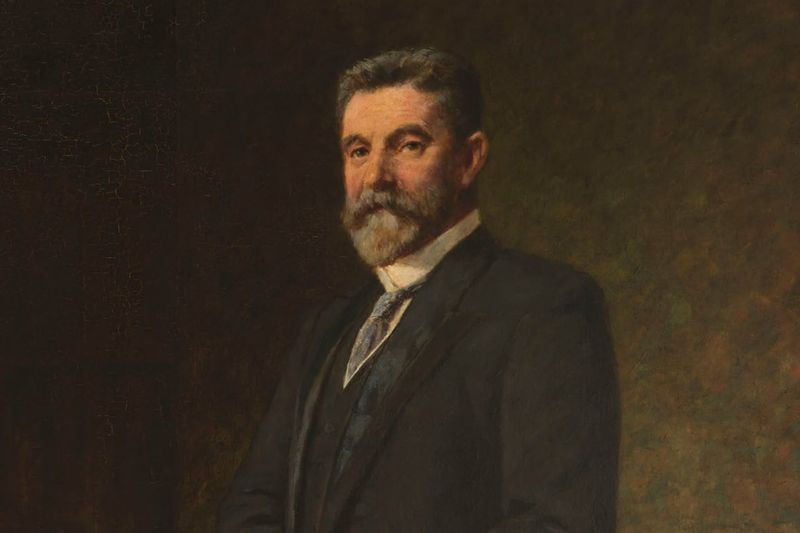Keywords: Australia's Borders
-

AUSTRALIA
- Frank Brennan
- 04 December 2024
1 Comment
When High Court rulings challenge government policy, they usually prompt reflection and refinement. But for the Federal Government, a recent decision on non-citizen rights has sparked a legislative overreach, mirroring the Opposition’s hardline stance.
READ MORE
-

INTERNATIONAL
- Robin Osborne
- 05 September 2024
1 Comment
Pope Francis has frequently voiced sympathy for refugee concerns and before leaving on this trip, he reaffirmed his call for safe migration pathways for people fleeing their own countries for fear of persecution, describing any refusal to harbour asylum seekers as a ‘grave sin’.
READ MORE
-

AUSTRALIA
- Frank Brennan
- 13 May 2024
2 Comments
The Albanese government’s refugee and asylum policy is in a mess. When Minister Giles introduced his Migration Amendment Bill, they bypassed typical parliamentary procedures, wanting to be seen as tougher than Peter Dutton in getting unvisaed non-citizens out of the country. It’s time for the government to return to due process in this whole field.
READ MORE
-

AUSTRALIA
- Kerry Murphy
- 04 January 2024
Throughout recent decades of Australian history, the stance every government has taken on asylum seekers has reflected the shifting political landscapes and challenging humanitarian issues that have continually shaped Australia's response to those seeking refuge.
READ MORE 
-

AUSTRALIA
- Andrew Hamilton
- 14 September 2023
4 Comments
As the legacy of historical figures is reevaluated, Alfred Deakin, Australia's second Prime Minister, finds himself under recent scrutiny. A champion of Federation, Deakin also held views towards Indigenous Australians now regarded as abhorrent. But is erasing his name from a university the right step?
READ MORE
-

AUSTRALIA
- Kerry Murphy
- 28 July 2023
How has Australia's asylum seeker policy changed over the past thirty years? The approach of every government has reflected the shifting political landscapes and challenging humanitarian issues that have continually shaped Australia's response to those seeking refuge.
READ MORE 